Understanding Plate Heat Exchangers
Plate heat exchangers are integral components in managing fluid temperatures across various industries. These devices facilitate heat transfer between two fluids, making them essential in processes where temperature regulation is crucial. Their design consists of corrugated plates packed in a frame, creating channels for hot and cold fluids to flow and exchange heat without mixing.
Types and Applications
The versatility of plate heat exchangers is evident in their range of types, each suited to different applications. From gasketed to brazed and welded varieties, these exchangers serve critical functions in sectors like power generation, chemical processing, and food production. Their ability to handle different temperature ranges and pressures makes them adaptable to specific process requirements.
Material and Construction Features
Material choice in plate heat exchangers is pivotal, influencing their thermal conductivity and resistance to corrosion. Common materials include stainless steel, known for its excellent heat transfer properties, and titanium, which offers durability under high temperatures. Copper heat exchangers are also prevalent, especially in scenarios where antimicrobial properties are beneficial, such as in potable water cooling systems.
Advantages of Plate Heat Exchangers
The design of plate heat exchangers provides several advantages. Their compact structure allows for efficient heat transfer, making them a space-saving solution in many industrial settings. The corrugated plate design also creates turbulent flow, which enhances heat transfer efficiency and reduces the buildup of deposits, leading to lower maintenance needs.
Selecting the Right Plate Heat Exchanger
When choosing a plate heat exchanger, considering the specific needs of your operation is crucial. Factors such as the thermal requirements, the nature of the fluids involved, and the operating environment will influence the selection. Whether for a shell and tube or a plate heat exchanger, the platform offers a variety of options to cater to different industrial applications without endorsing any particular brand or price point.
Integration in Industry Solutions
Plate heat exchangers are not just for large-scale operations; they also find applications in residential heating and cooling systems, contributing to more efficient air conditioning and water heating. The diverse listings on the platform reflect the broad applicability of these exchangers, from heavy-duty models for mining operations to less intensive units for home use.







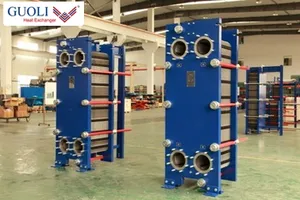

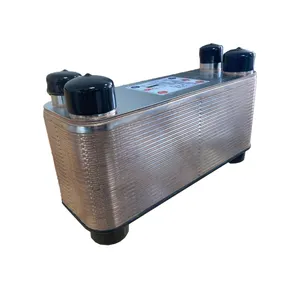


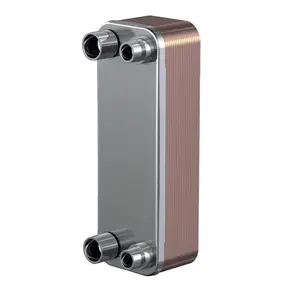


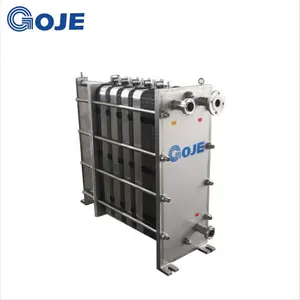
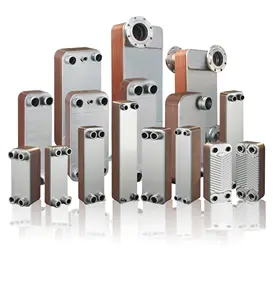
































 浙公网安备 33010002000092号
浙公网安备 33010002000092号 浙B2-20120091-4
浙B2-20120091-4